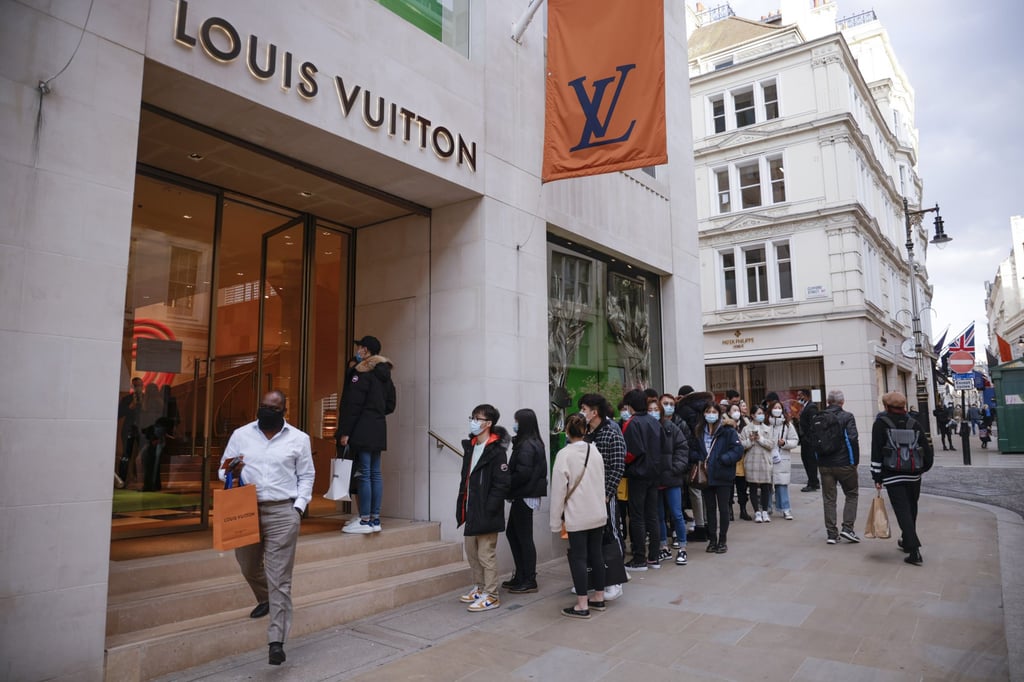Opinion / Why today’s luxury brands may not survive Gen Z: while Louis Vuitton and Dior are better at reinventing themselves, other brands fail to innovate

- Some high-end companies think catering to the digitally savvy demographic means selling cheaper products, but these assumptions could cost them their future
- Brands centred on strong storytelling, providing extreme value and offering memorable experiences are more likely to connect with young consumers
This article is part of STYLE’s Inside Luxury column.
For many companies, Gen Z seems like a distant reality. “Our customers are not Gen Z,” is something I hear all the time. “So why should we even consider them? We sell to an older demographic,” are conclusions that many managers reach.
Many luxury brands are looking the other way when it comes to Gen Z, or they think that catering to this demographic means selling cheaper products. Both assumptions are wrong, and both assumptions may cost these brands the future. It’s a phenomenon that has been described already decades ago as “marketing myopia” – seeing only the immediate vicinity and losing sight of larger, more forceful changes that will shape the industry.

The brands that will not make it are those that claim that they are luxury while not delivering extreme value for customers. Brands that just equate charging high prices with luxury, but don’t make people feel like they are treated extraordinarily. This is a fatal error. The losing brands will be blamed for neglecting their only task: provide extreme value to customers, so much value that they are willing to pay the price for it.

Many luxury brands have defended their overreliance on physical stores with the claim of superior store experiences. Brand audits all over the world, including categories from jewellery to fashion, from cars to accessories, from real estate to hospitality, have shown that the internal views of brands, particularly their ability to excite customers, often drastically differ from their ability to provide a stellar customer experience. The reality is rather lacklustre; in many instances, they fail to create any relevant memories.
The danger: if there is no memory of an experience, then there is no value. If there is no branded value, then there is no distinct value creation for a brand. And no loyalty and no buzz. Creating memories does not happen by chance. It requires a through definition of the brand equity, a clear and differentiated customer experience strategy, and regular staff training.
